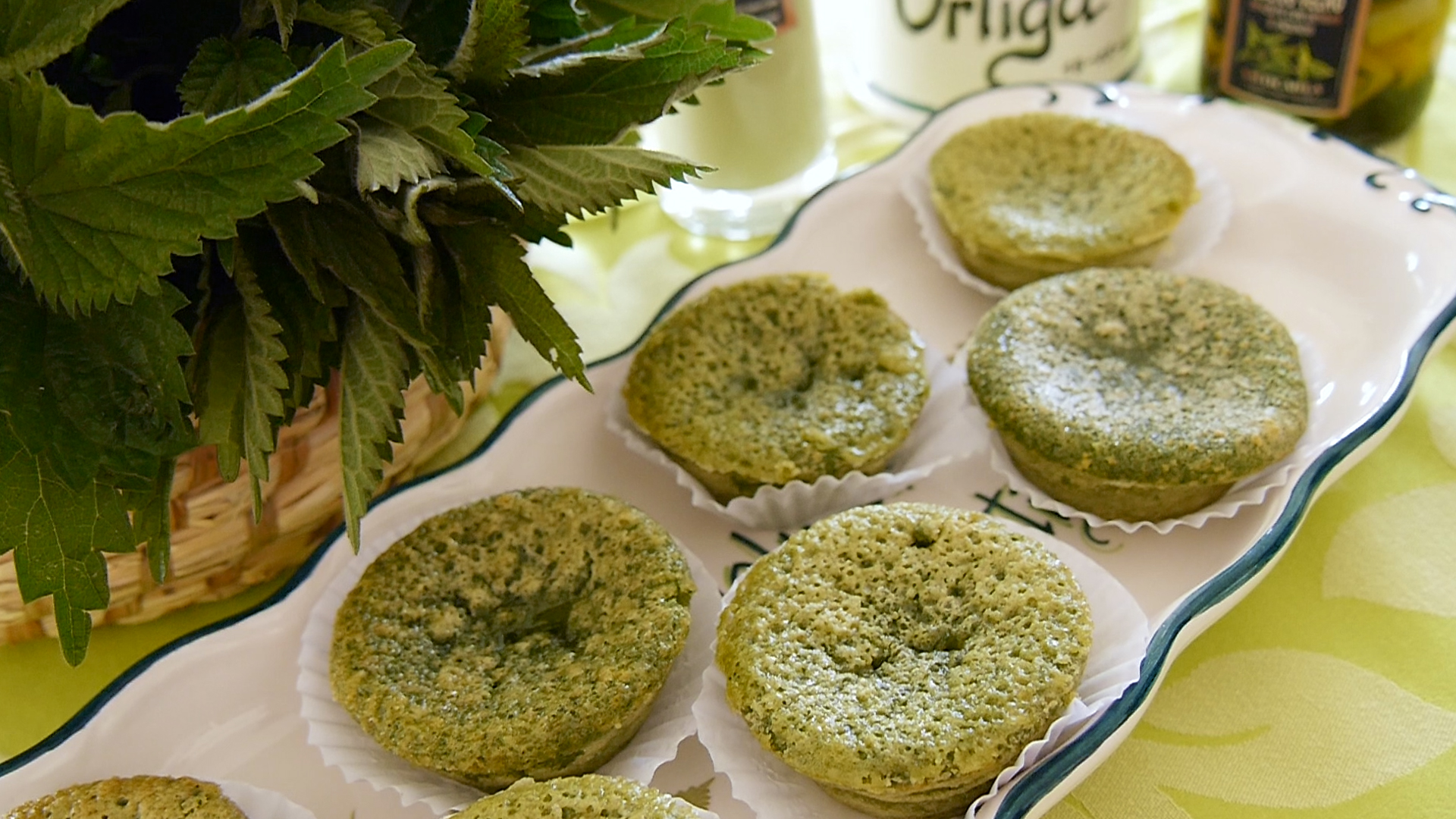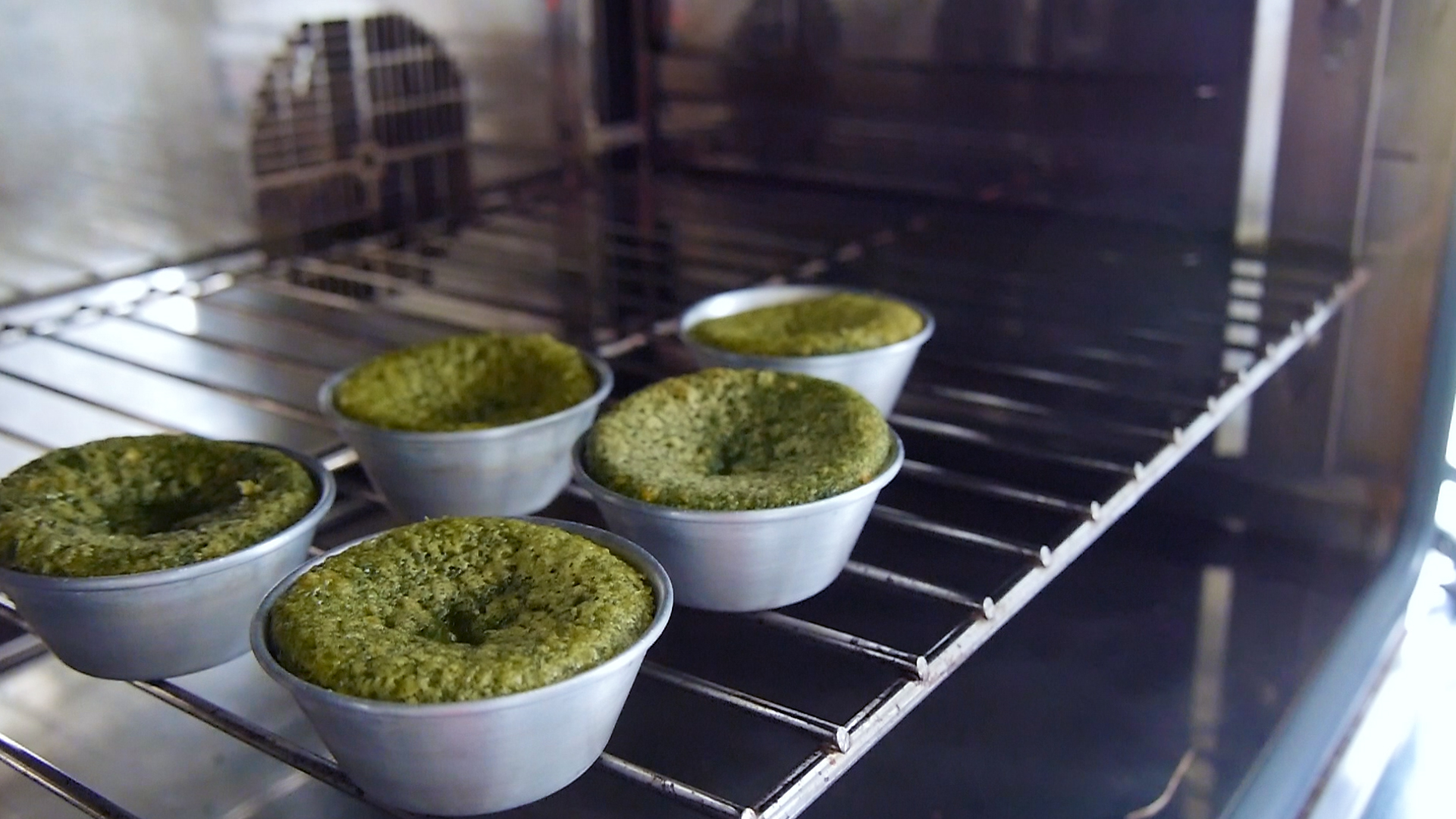A urtiga é certamente mais conhecida por picar e arranhar os incautos. E não passará pela cabeça da maioria dos portugueses que se pode comê-la, quanto mais que é saborosa. Porém, as gentes de Fornos de Algodres conhecem bem a planta e têm vindo a reconhecer as suas propriedades alimentares e utilizações culinárias. Aliás, aqui já havia a tradição da sopa de urtigas, o que levou à criação de uma confraria gastronómica dedicada à planta.
Desse contexto nascem as queijadas de urtiga, desenvolvidas por Amélia Reis. De luvas fortes calçadas, apanha urtigas frescas, lava-as bem, coze-as e, a partir daí, deixam de picar. Depois, aplica-as trituradas na mistura do doce. O resultado é uma queijada húmida, macia, muito verde e muito saborosa.
***
Nettles are obviously known for stinging and scratching the unwary. And most of the Portuguese wouldn’t think the plant is edible, much less that it is tasty. However, the people of Fornos de Algodres know nettles very well and have been acknowledging their food properties and culinary uses. In fact, there was already a tradition here of nettle soup, which lead to the creation of a gastronomic confraternity around the plant.
In this context, the “queijada de urtiga” (nettle cheesecake) was born, developed by Amélia Reis. With the help of strong gloves, she picks fresh nettles, washes them, boils them and afterwards they stop stinging. Then, she crushes and applies them in the mix. The result is a moist, soft, very green and very tasty “queijada”.
PUBLICIDADE



